Empathy is a desirable trait for customer service associates; however, compassion takes empathy to the next level. While an empathetic associate will try to comfort a customer who calls in with an issue, a compassionate associate will not only offer comfort but go beyond that by offering practical solutions and taking appropriate actions to improve the customer’s situation. While offering an apology to a customer is often the best an empathetic associate can do, compassionate associates are empowered to tell customers they appreciate their feedback, offer reasonable solutions and pass the feedback on to management. This empowerment benefits both the customer and the company.
Compassion transcends empathy because it comes with both the desire and the ability to help make the situation better. In Four Reasons Why Compassion Is Better For Humanity Than Empathy, Forbes contributor, Rasmus Hougaard, makes the case that “Empathy and compassion are very different. They are represented in different areas of the brain. With empathy, we join the suffering of others who suffer, but stop short of actually helping. With compassion, we take a step away from the emotion of empathy and ask ourselves ‘how can we help?’”
Empathy fatigue
Empathy without the ability to take action often leads to a condition referred to as “empathy fatigue”. “Empathy fatigue is the emotional and physical exhaustion that happens from caring for people day, after day, after day,” explains Cleveland Clinic Psychologist, Dr. Susan Albers, in Empathy Fatigue: How Stress and Trauma Can Take a Toll on You. “Over time, we start to see people experiencing a sense of numbness and distancing or difficulty continuing to care.”
Empathy fatigue is unsettling in the world of customer service, especially in high-stress industries such as healthcare, travel and finance. When associates receive calls from people who are already stressed due to serious illness, flight cancellations or financial losses, they must have the tools and the training to respond with compassion and solutions. Associates who are empowered to take action, are in a better position to offer compassionate responses. Empathy fatigue negatively impacts employee performance and leads to greater turnover, so businesses need to recognize it and empower their workforces to avoid it.
Treat feedback as a gift
The voice of the customer provides valuable feedback and associates should be coached to treat all customer feedback, including complaints, as a gift. A customer who complains at a restaurant about poor service allows the restaurant the opportunity to remedy the problem. If the customer walks out without complaining, vowing never to return, and then tells others about their poor experience, the restaurant has no chance to rectify the situation and will likely lose more than just that customer. When a customer service associate receives a complaint, instead of simply apologizing, they should thank the customer for bringing the issue to their attention and let them know they take the problem seriously and intend to fix it. Apologizing without committing to improving the situation is insincere.
Empower a compassionate workforce
A compassionate workforce is a more engaged workforce and that positively impacts the customer experience. In addition to heeding the voice of the customer and understanding the customer experience, management must pay attention to what their customer service workforce is experiencing.
- Do they have the right resources and tools to take appropriate actions?
- Are they empowered in appropriate ways to help the customer?
- If they run across a difficult situation, do they have the ability and resources to notify leadership?
Customer pain points are also pain points for customer service associates. For example, when bad weather conditions lead to massive flight cancellations, it is not only the passengers who become stressed. The associates in the airline contact centers get stressed anticipating the angry calls they are going to receive. If they lack the tools to help stranded passengers, they may develop empathy fatigue. However, if they are empowered to provide good solutions, such as free hotel stays and convenient next-day flights, they will be able to turn frustrating situations into positive customer experiences.
When customer service associates are empowered to compassionately help customers and to communicate customer frustrations to management, they are also better equipped to gather competitive intelligence. If a competitor offers a valuable promotion, there is a good chance that callers will mention it. With the right tools in place, associates who hear about competitive tactics from multiple callers can push that information to management so that appropriate actions can be taken. An empowered frontline not only delivers better service to customers but also provides management with the critical intelligence needed to remain competitive.
Deliver better service with a proactive approach
As the first line of defense, associates quickly tire of having to apologize while being powerless to offer solutions. The best way for businesses to counteract empathy fatigue is by coaching their customer service associates to understand the differences between empathetic and compassionate service and to demonstrate compassion. It is incumbent upon management to empower those on the frontlines with the necessary tools and appropriate solutions so they can provide a better customer experience.
A well-designed quality program can pick up on the differences between empathetic and compassionate responses and identify associates who could benefit from additional training. The Northridge Group can help you customize a quality program that will empower your workforce to drive customer experience improvements with compassionate customer care. Contact us to learn more.
